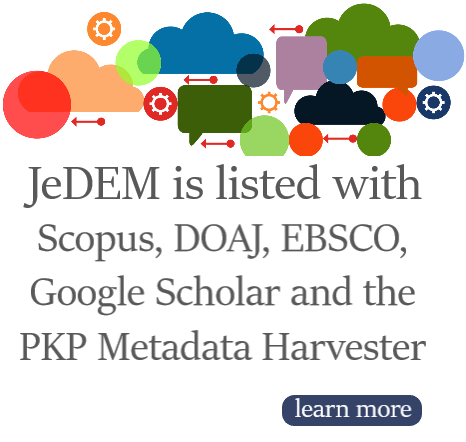The Internet and Increased Citizen Participation in Government
DOI:
https://doi.org/10.29379/jedem.v2i1.22Keywords:
democracy, information technology, mass media, internet, citizen participation, government, information and communication technology (ICTs)Abstract
What roles do communication systems, information technologies and the internet play in fostering citizen participation and influencing the electoral and administrative decisions of government? The internet is simultaneously a world-wide broadcasting network, a mechanism for information dissemination, and a medium for collaboration and interaction between individuals and their computers without regard for geographic boundaries or time zones. This article describes the origins of participatory democracy, discusses how modern concepts of democracy link to citizen participation, and describes the ways that newly-created spaces on the internet referred to as “polispheres” are being used by political activists and candidates to facilitate wider collaboration and citizen participation. The following questions are addressed: What role does the internet play in fostering and aiding citizen participation in government? Does increased involvement lead to greater trust and confidence in government? What role did the internet play in apparently reversing downward trends in citizen apathy and drawing 8 million new voters to the United States 2008 presidential election? The article suggests that information technology facilitates broader citizen participation and identifies the challenges facing governments in adopting internet-based ICT strategies.Downloads
Metrics
Downloads
Published
How to Cite
Issue
Section
License

JeDEM is a peer-reviewed, open-access journal (ISSN: 2075-9517). All journal content, except where otherwise noted, is licensed under the CC BY-NC 4.0 DEED Attribution-NonCommercial 4.0 International













